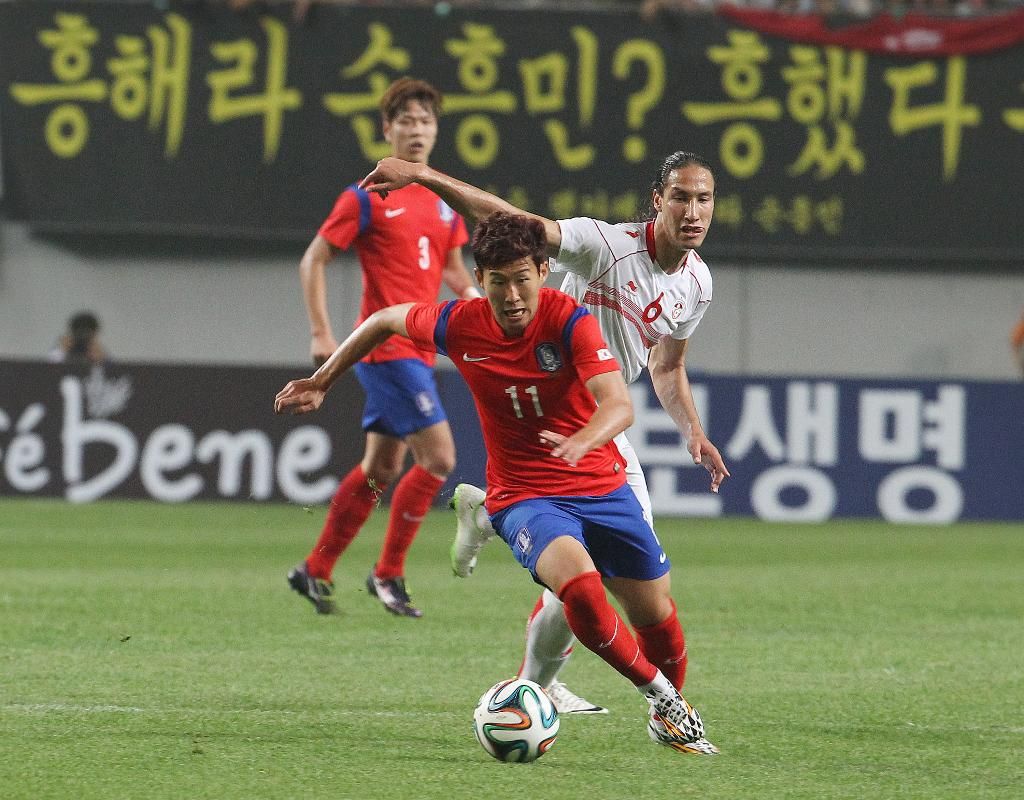
Por: Inside The World Cup
Which South Korea player found a way around military service, and which one didn’t, and who is the one most likely to wind up an opponent in Brazil?
This article is part of the Guardian’s World Cup 2014 Experts’ Network, a co-operation between 32 of the best media organisations from the countries who have qualified for the finals in Brazil. theguardian.com is running previews from four countries each day in the run-up to the tournament kicking off on 12 June.
Lee Chung-yong
Lee took the advice of a former national team coach as a highly-rated teenager and dropped out of school. Such a thing was, and still is, unusual in a country where most professional players come through the university system. Lee was no fool though, merely taking advantage of a (now-closed) loophole in Korean law which meant that those who didn’t finish high-school, did not have to enter military duty.
Ki Sung-yeung
Brash and opinionated, by Korean standards at least, Ki was irritating journalists and some fans for quite a while before the ‘SNS Scandal’ of July 2013. Some writers were already talking of how the foreign contingent were getting ideas above their station when comments from Ki’s private Facebook account were released. They were dated six months earlier and warned then-coach Choi Kang-hee not to mess with the European-based stars. Much of the media and then the country were up in arms and for a while, and Ki’s place in the World Cup squad was in jeopardy. If he hadn’t apologised on a number of occasions, he would not now be preparing to jet to Brazil.
Park Jung-woo
Football is full of up and downs but Park experienced a career high and low within 10 minutes. At the final whistle of the bronze medal match between South Korea and Japan at the 2012 Olympics, the Korea squad celebrated with rare intensity. The win had given the 18 players exemption from an impending 21-month military duty. A fan handed Park a banner that read, in Korean, “Dokdo is ours”, referring to a set of islands administered by Korea but also claimed by Japan. The midfielder, forever to be known as ‘Dokdo man’ in his homeland, waved it above his head, an act which saw him excluded from the medal ceremony held the next day at Wembley. The medal was finally awarded to him in 2013.
Koo Ja-cheol
The midfielder has a habit of winding people up. A Japan player said after Koo captained Korea to a 2-0 win over Japan in the bronze medal match of the 2012 Olympics that he was the most annoying player he had ever faced. Bayern Munich’s Franck Ribéry saw red after slapping Koo in the face in a Bundesliga clash in December 2012. That followed a 2011 training ground ‘fight’ with Wolfsburg team-mate and former Brazilian international Josue.
Lee Keun-ho
If by any chance you are watching this June and see Korea line up for the anthems with one of the 11 standing not with hand on heart but saluting the Taegukki flag, that will be Lee. The forward collected the 2012 Asian Player of the Year award (for helping to lead Ulsan Horangi to the Asian Champions League title) just days before entering the army. It’s not as bad as the usual digging holes in mountains amid temperatures of minus 30 near the border with North Korea, but as far as a footballer’s life goes, it’s a pretty Spartan existence.
Park Chu-young
With an IQ of over 150, Park is in the top 0.1% in the world when it comes to brain power. The striker speaks a number of languages and apparently picked up French very quickly during his time with Monaco. He hasn’t played for much of the past three years since signing for Arsenal, so has had plenty of time to study.
